The three candidates in the running for NFU Scotland’s (NFUS) two vice-presidential roles pledged what they would do for the union’s membership and the industry at a hustings meeting in Aberdeenshire on Wednesday evening.
Current vice-presidents, Andrew Connon and Robin Tarquair, and NFUS legal and technical chair, Alasdair Macnab, are touring the union’s 10 regions ahead of the elections next month.
Mr Macnab, from Dingwall, said he had one ambition and that was to ensure that members were heard.
“I want to kill one question stone dead that many of you often ask, what is the union doing about it?” he said. “I believe we should all know what it’s doing without having to ask.
“If elected, I would enhance lobbying with a new approach to make people understand better and ensure that policy teams can relate members’ views to stakeholders in a clear and concise manner.
“Members need the opportunity to be heard. NFUS must be driven from the bottom up, not from the top down.”
No ‘fancy confusing language’
Mr Connon, who farms near Ellon, told the audience he believed in NFUS being a people business.
“I believe in plain talking, not fancy confusing language – we’ll leave that to the Government,” he said. “I’ve taken ownership of some major issues in my time as vice-president and I still have a lot to offer.
“We need to bare our teeth more and keeping thumping home the message on food security and supply. As a union, we can have all the flash strategies under the sun but these are worthless if we don’t get the basics right.”
Mr Connon said he was already looking at green hydrogen and the possibility of producing fuel and ammonia, and that he would continue to lobby for better grid connections, market prices, more efficient planning and better access to renewables.
‘expected to feed a nation’
Fellow vice-president, Robin Traquair, from Midlothian, said if re-elected, lobbying at Westminster was first and foremost on his agenda to ensure direct funding to Holyrood.
“Food production must be at the centre of any new policy, but if we cannot make a profit, how are we expected to feed a nation while adding all the extra environmental commitments?” he said.
“We cannot be expected to continue and invest and modernise our businesses if we do not see an adequate return in front of us.”
Mr Traquair said the current hike in input costs were not just statistics but were threats to businesses, livelihoods and national food security.
He said it was NFUS’ job to remind politicians of this.
The candidates were faced with a number of grilling questions from the audience including tree planting and the qualities needed to be the union’s new chief executive.
Quality Meat Scotland a ‘monster’
Many farmers echoed Patrick Sleigh’s concerns over Quality Meat Scotland‘s (QMS) and described the assurance body as a ”monster.”
He asked how the union could influence change or a ”bit more” common sense.
“What can the union do to rein them (QMS) in?,” said Mr Sleigh, who farms near Oldmeldrum. “A lot of farmers are unhappy on what they are being asked to do for inspections but they’re frightened to put their heads above the parapet.
“There are livestock farmers being regulated out of business and this has got to change. It’s an ongoing concern that there is no youngsters wanting to come into farming but who the hell would want to with all this red tape?
“They are taking in legislation that is nothing to do with farm assurance schemes.”
Responding, Mr Macnab said that Food Integrity Assurance (which delivers Scotland’s farm assurance assessment services) had been roped in as the preferred company to do the assessments, ensuring that assessors are now working to the same standard.
He said that he hoped there would be a big change in the next six months and that the FIA would take the ”monster out of it”.
Mr Connon said he was fully aware of the aggravation QMS had been causing, especially in the north-east, and said that they were behaving well beyond the borders of where they needed to be.
He added that the union had a standards committee that were in discussions with QMS to get a fresh approach to the system and bring common sense back into the job.
And Mr Traquair praised Ule Morton, chair of FIA, and said that he would listen to the problems to help address them. He also praised QMS’ previous grading system used for assurance on pig farms, where farmers were graded one to five and were given an incentive to improve.
If graded at the top, farm assessments were only inspected every 18 months and the poorer graded ones were given help and encouragement.
‘These supermarkets run rings round us and have no agriculture knowledge’
Bruce Walker, who farms near Insch, asked how the union could ensure that supermarkets were taking on board the data farmers provide when it comes to sheep surveys.
“Sheep farmers filled out surveys and forms in December indicating how many sheep we had on farm, proving that we had plenty to supply supermarkets with,” said Mr Walker.
“Now Tesco is telling us there are no lambs left and the country is importing New Zealand frozen lamb. These supermarkets run rings round us and have no agriculture knowledge.”
While Mr Connon did agree with the retailers lack of honesty but said there was a very fickle market situation surrounding lamb, given the wobble in China.
He said the union had a job to do in ensuring better dialogue with retailers.
Mr Traquair said that quality assurance was vital as it gives Scottish farmers branded to compete with other markets and that opportunities must be taken to put produce elsewhere, rather than relying on the five big customers in this country.
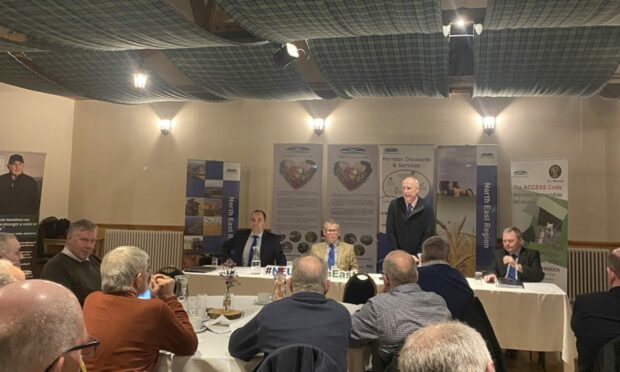
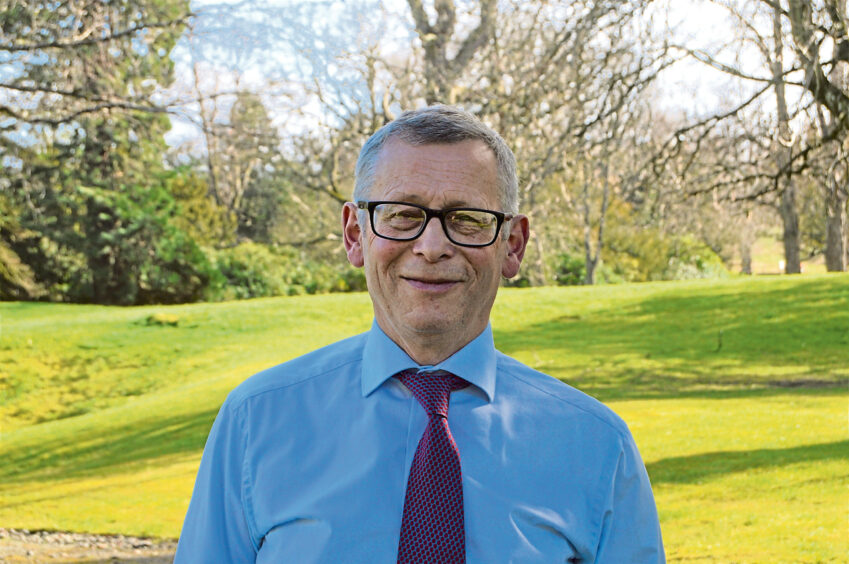
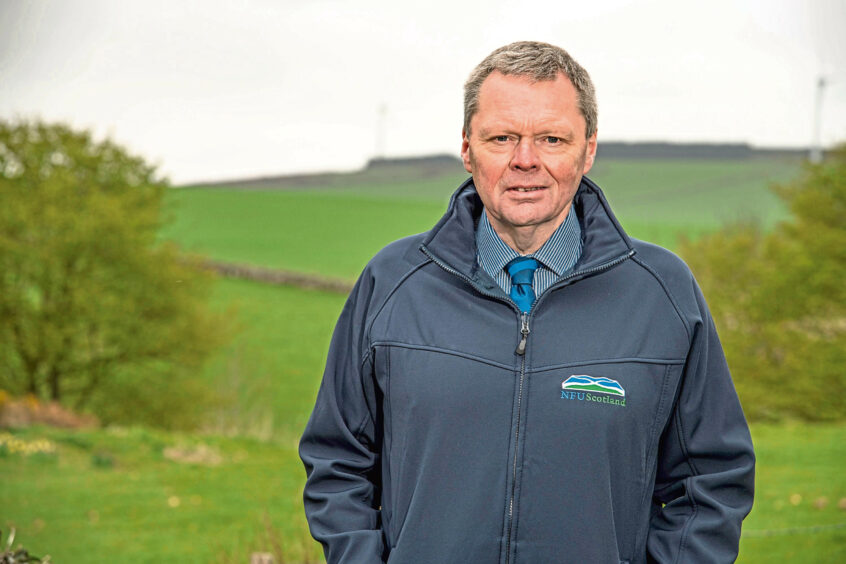
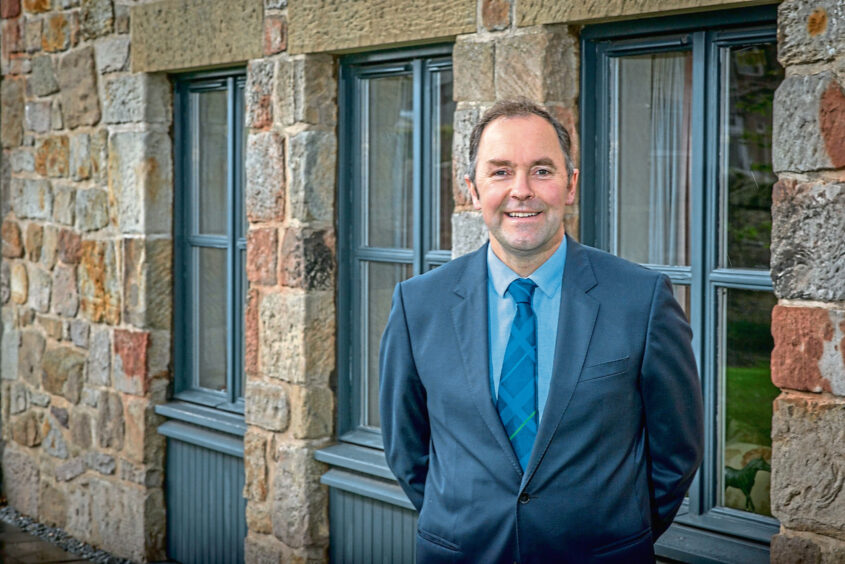
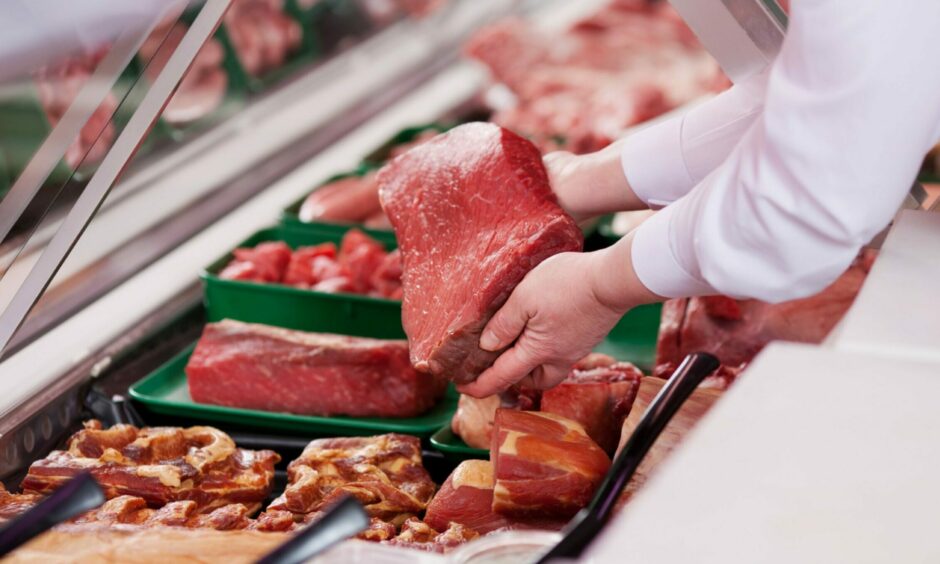
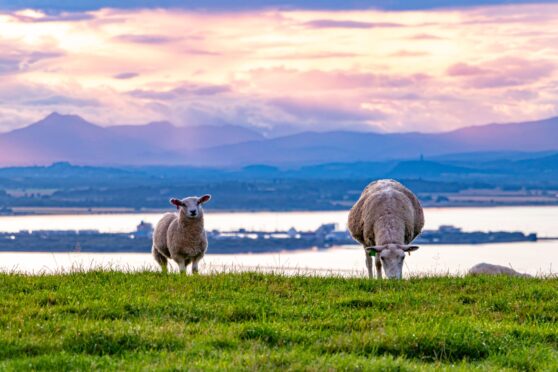
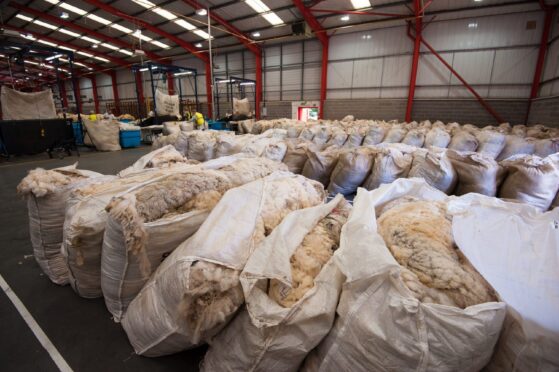
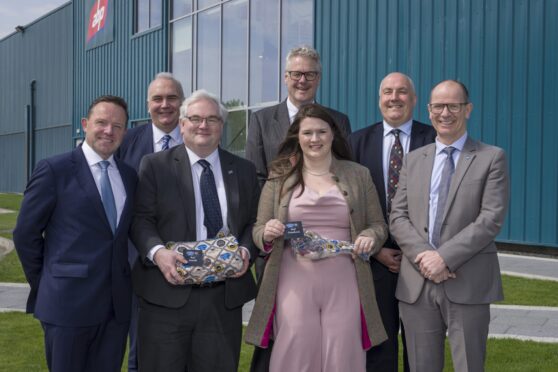
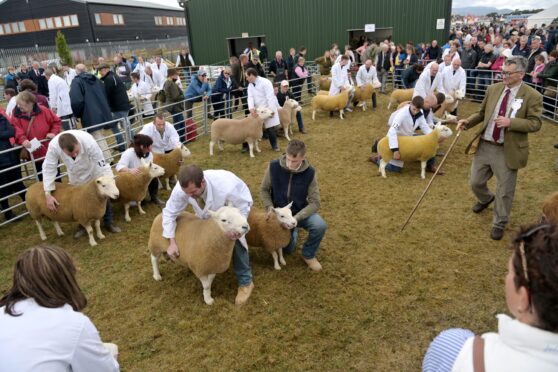
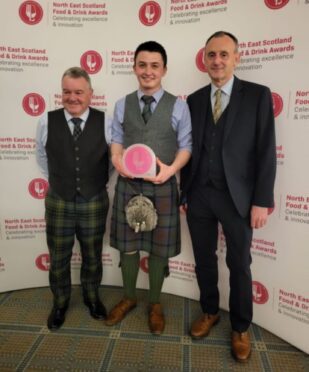
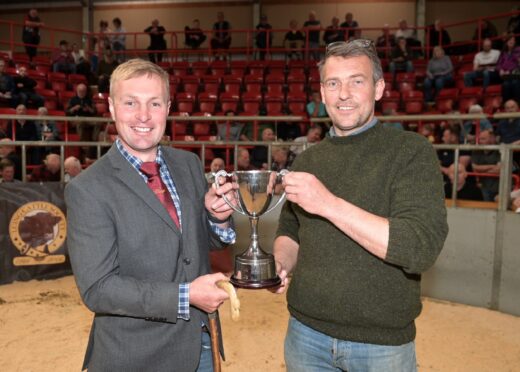
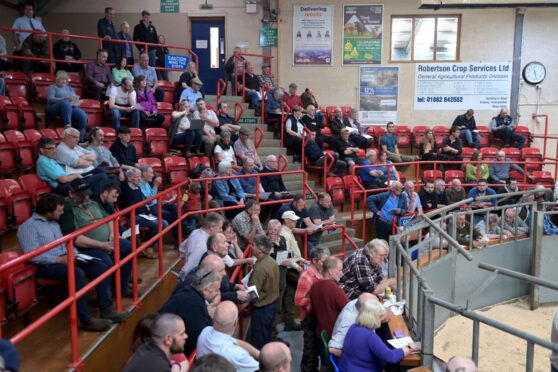

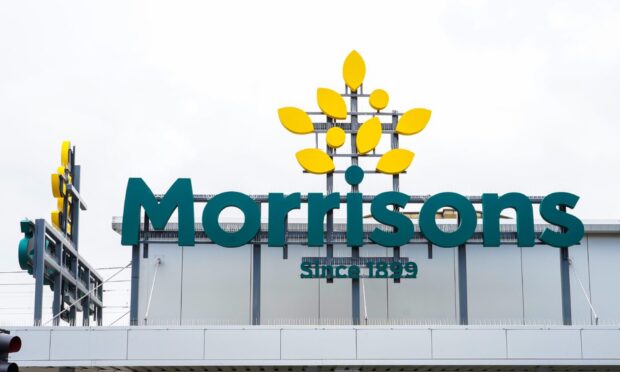
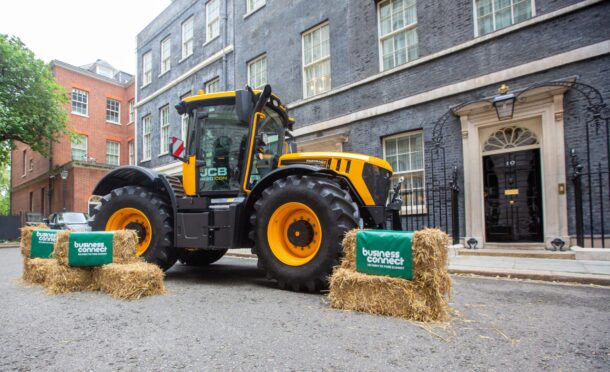
Conversation